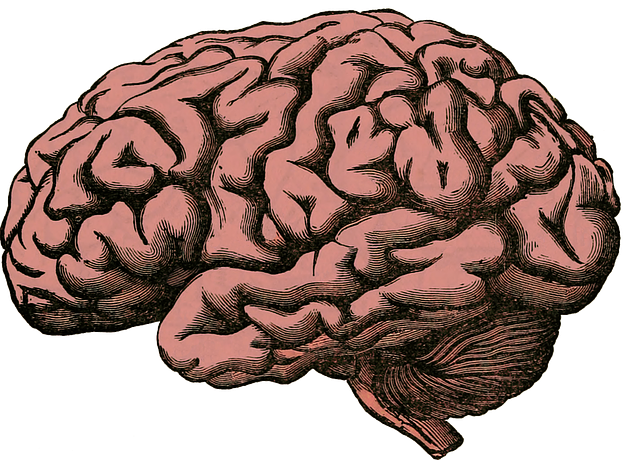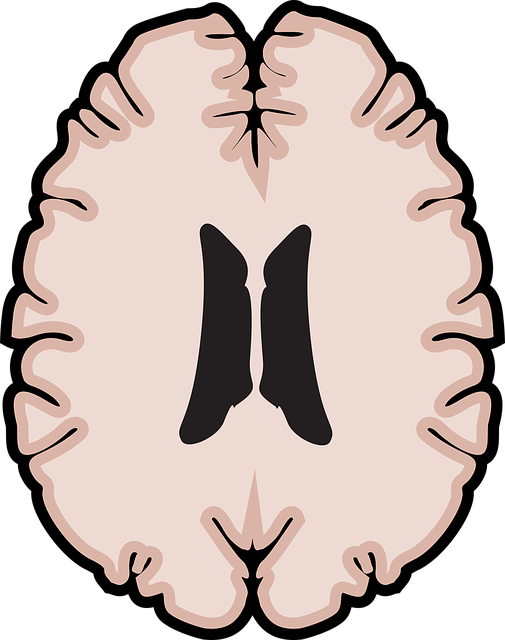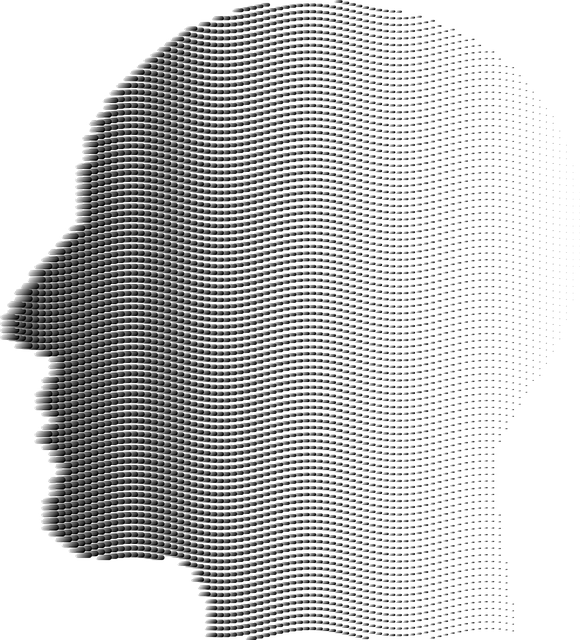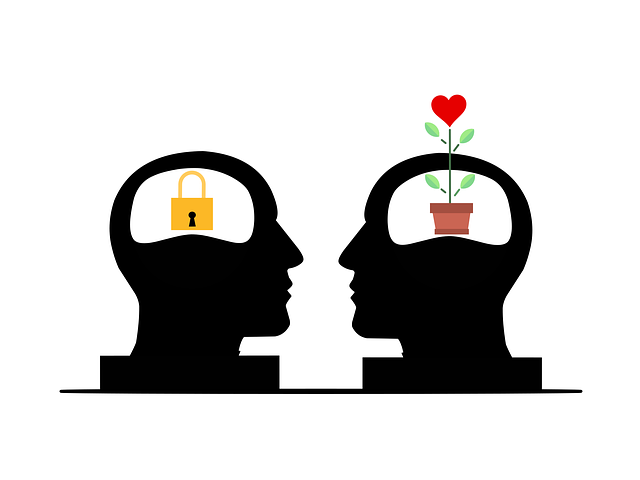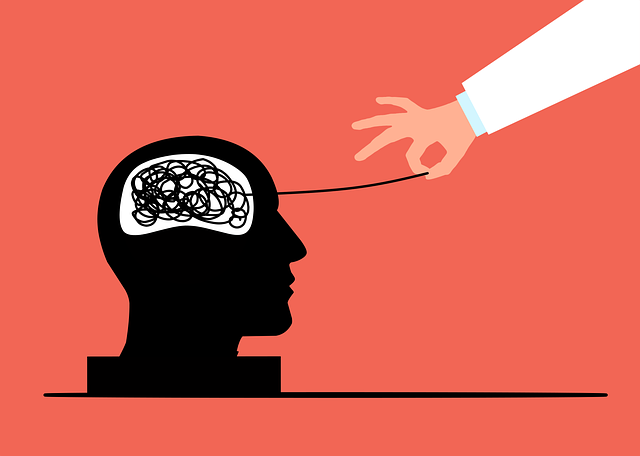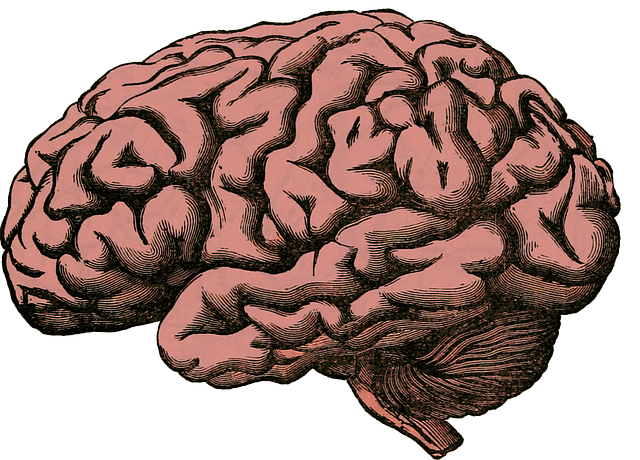Aurora Dialectical Behavioral Therapy (DBT) is revolutionizing healthcare by prioritizing cultural competency, especially in diverse communities. This evidence-based approach equips mental health professionals with mindfulness, emotional regulation, and communication skills to effectively serve patients from various ethnic, racial, and socioeconomic backgrounds. Through role-playing and community outreach, Aurora DBT fosters inclusive mindsets that respect individual beliefs. Implementing this training aligns with Mental Health Policy goals, improves patient outcomes, and overcomes cultural barriers in healthcare delivery. The program's emphasis on self-awareness, interactive workshops, and journaling exercises creates an inclusive environment where every patient receives personalized, culturally sensitive care.
Healthcare provider cultural competency training is more than a nicety; it’s a necessity in modern practice. As healthcare becomes increasingly diverse, understanding cultural nuances is vital for effective patient care. This article explores key aspects of cultural competency, focusing on the role of Aurora Dialectical Behavioral Therapy (DBT) in enhancing sensitivity. We’ll discuss barriers faced by providers in diverse communities and provide insights into designing effective training programs. Additionally, strategies for implementing and measuring change to ensure long-term impact on clinical outcomes will be covered.
- Understanding Cultural Competency in Healthcare: A Necessity in Modern Practice
- The Role of Aurora Dialectical Behavioral Therapy (DBT) in Enhancing Cultural Sensitivity
- Identifying Barriers: Challenges Facing Healthcare Providers in Diverse Communities
- Designing Effective Training Programs: Key Components for Cultural Competency
- Implementing and Measuring Change: Ensuring Long-Term Impact on Clinical Outcomes
Understanding Cultural Competency in Healthcare: A Necessity in Modern Practice

In today’s diverse healthcare landscape, understanding cultural competency is no longer an option but a necessity. Aurora Dialectical Behavioral Therapy (DBT) recognizes this crucial aspect of modern practice, emphasizing the need for healthcare providers to navigate the complex web of cultural differences and similarities. Cultural competency goes beyond basic cross-cultural awareness; it involves recognizing and respecting diverse beliefs, values, and behaviors, ensuring every patient receives personalized care tailored to their unique background.
The significance of this concept is particularly evident when addressing mental wellness and trauma support services. By incorporating cultural competency training for healthcare providers, Aurora DBT aims to create an inclusive environment where patients from various ethnic, racial, and socioeconomic backgrounds feel heard, understood, and supported. This approach not only enhances patient satisfaction but also improves treatment outcomes, ensuring that everyone has access to quality care that resonates with their personal journey.
The Role of Aurora Dialectical Behavioral Therapy (DBT) in Enhancing Cultural Sensitivity

Aurora Dialectical Behavioral Therapy (DBT) plays a significant role in enhancing cultural sensitivity within healthcare settings. By focusing on mindfulness, emotional regulation, and effective communication, DBT equips providers with essential skills to navigate diverse patient populations with empathy and understanding. This evidence-based approach promotes a deeper appreciation for different cultural perspectives, helping healthcare professionals avoid biases and offer tailored care that respects individual beliefs and values.
Incorporating Aurora DBT into training programs allows mental health practitioners to learn effective mood management strategies while cultivating a more inclusive mindset. Through role-playing scenarios and community outreach program implementation, trainees gain experience in communicating sensitively with patients from various backgrounds. This holistic approach not only contributes to improved patient outcomes but also aligns with the broader goals of Mental Health Policy Analysis and Advocacy, ensuring that cultural competency becomes an integral part of healthcare delivery at all levels.
Identifying Barriers: Challenges Facing Healthcare Providers in Diverse Communities

In diverse communities, healthcare providers often encounter barriers that hinder effective patient care. One significant challenge is cultural misunderstandings, where differences in language, values, and beliefs create communication gaps. For instance, in areas with a high concentration of immigrants or refugees, providers must be adept at navigating various dialects, such as Aurora Dialectical Behavioral Therapy (DBT) offers, to ensure patients receive accurate information and understanding.
Additionally, cultural competency requires providers to be attuned to subtle differences in non-verbal cues and social norms, which can influence how patients express pain or seek treatment. Effective conflict resolution techniques, as taught in mental health education programs design, are essential tools for managing these challenges. Moreover, risk management planning for mental health professionals is crucial to addressing potential cultural pitfalls, ensuring patient safety, and fostering trust between healthcare providers and diverse community members.
Designing Effective Training Programs: Key Components for Cultural Competency

Effective cultural competency training programs for healthcare providers should be meticulously designed to address the diverse needs and backgrounds of patients they serve. At its core, such training must foster cultural sensitivity in mental healthcare practice, promoting an environment where every patient feels heard, understood, and respected. The process involves integrating various key components into the curriculum.
One vital aspect is incorporating self-awareness exercises that encourage providers to reflect on their own cultural biases and assumptions. This introspection allows for a deeper understanding of how personal experiences may influence interactions with patients from different cultural backgrounds. Additionally, training should include interactive workshops centered around coping skills development, equipping healthcare professionals with the tools needed to effectively support patients in managing stress and challenges related to cultural identity. For instance, an Aurora Dialectical Behavioral Therapy approach can offer valuable strategies for promoting positive behavioral changes while considering the unique cultural contexts of individuals seeking mental health services.
Implementing and Measuring Change: Ensuring Long-Term Impact on Clinical Outcomes

Implementing and measuring change is a critical aspect of ensuring long-term impact on clinical outcomes in healthcare provider cultural competency training. It involves translating theoretical knowledge into practical actions that positively affect patient care, especially in diverse communities. For instance, Aurora Dialectical Behavioral Therapy (DBT) offers evidence-based techniques for managing emotions and improving interpersonal relationships, which can significantly enhance mental wellness among patients from various cultural backgrounds.
By incorporating Mental Wellness Journaling Exercise Guidance and fostering a Mind Over Matter mindset, healthcare providers equipped with cultural competency skills can navigate complex communication challenges and deliver personalized care. Regular self-reflection through journaling allows professionals to document and track changes in their practices, identify areas for improvement, and adapt strategies accordingly. This continuous quality improvement approach ensures that the initial training translates into sustained benefits for both patients and providers, ultimately enriching the tapestry of healthcare services.
Healthcare provider cultural competency training is no longer a choice but an indispensable necessity in modern medical practice. By understanding and addressing cultural nuances, healthcare systems can better serve diverse communities. The article has explored various aspects of this critical topic, including the importance of cultural sensitivity, the role of Aurora Dialectical Behavioral Therapy (DBT) in enhancing cultural awareness, identifying barriers faced by providers in diverse settings, designing effective training programs, and implementing strategies to measure and ensure long-term positive clinical outcomes. Integrating these insights can foster a more inclusive healthcare environment, ultimately improving patient care and health outcomes for all.
